A vast subject to ponder upon is the definition of poetry. So, what is poetry? Its subjective variance, objective clarity and independent tone of the mind are just a few elements of what poetry could mean. I have read my poems over and again, until I could not edit them anymore. I have read the poems of other aspiring poets, ambitious writers, and daydreamers. In reading their creativity, editing, and correcting their form of writing, I have come to define poetry in a certain way in my mind.
When people send me poems for my website to publish them online, I often find spelling errors, grammatical issues, and verbose prose. And in this, I have come to define what poetry is not, and that is, any of the above. In this blog, I reach deep into the recesses of my mind and pluck out the true meaning of poetry from a personal POV. In this blog, I will define it also as the world does, and tell you everything you need to know about poetry.
What is poetry?
Poetry is one of the greatest tools a poet uses to express emotions and evoke emotions in others. Emily Dickinson said, “If I read a book and it makes my whole body so cold no fire ever can warm me, I know that is poetry. If I feel physically as if the top of my head were taken off, I know that is poetry.” This statement alone justifies the intense emotion-evoking power of poetry. Robert Frost said, “Poetry is when an emotion has found its thought and the thought has found words.”
In the earlier days, that is, several thousands of centuries ago, poetry was initially in the form of magical spells to conjure up a good harvest, prose being the derivative of a language. Much later, poems emerged from the forest and into the spirit of things. Poetry depends on the parameter called the line. The appearance of a poem changes on paper, and is much more visually read in the form of prose.
In some poems, poets narrate their life experiences and the impact it had on their lives. While in others, poets explain their worldviews and opinions on certain aspects of life with visual imagery. “The Road Not Taken” by Robert Frost is one such poem. It is reflected in Matthew Arnold’s definition of poetry, “ Poetry is at bottom a criticism of life; that the greatness of a poet lies in his powerful and beautiful application of ideas to life— to the question: How to live.”
Poems are often used as tools by poets to pay homage- to their inspiration, nature, lover and anything they find beauty in. The ultimate goal of this kind of poetry is to remind the readers of their own inspiration and emotional ties. In the words of Salvatore Quasimodo, “Poetry is the revelation of a feeling that the poet believes to be interior and personal which the reader recognizes as his own.”
While reading poetry, one can also get a sense of the tone and voice of each line. It is read a certain way, expressed a certain way, and felt a certain way. Ben Johnson once described poetry as speaking somewhat above the mortal mouth. Concerning the breath and syntax, a poem is written in a way that leads the reader to read it in a specific style. It is portrayed through this statement by Edgar Allan Poe- “I would define, in brief, the Poetry of words as the Rhythmical Creation of Beauty. Its sole arbiter is taste. With the intellect or with the conscience, it has only collateral relations.”
Apart from evoking emotions, poetry also serves as a mirror to society. Poets across different ages used poetry to highlight the existing conditions in the society and bring reforms. Be it a civil war or liberation movements, poetry has been a powerful tool and a popular art form to attract the attention of crowds. Some of the best examples of this kind of poetry are Hymn to Death by Bryant William Cullen, Fingal-Canto II by Trumbull John, and Paradise Lost by Milton John.
Different definitions of poems
People from across the globe have given thousands of definitions of poetry. You can read some of these to get a better understanding of poetry.
- “Poetry is the best words in the best order”—Samuel Taylor Coleridge
- “Poetry is the art of using words charged with their utmost meaning” —Dana Gioia
- “. . . of the many definitions of poetry, the simplest is still the best: memorable speech”—W.H. Auden
- “Poetry is the art of using words charged with their utmost meaning” —Dana Gioia
- “Poetry is movement; words shift around within the writer & soul, coming together in harmonious messages, which move into the reader’s soul” —Janshares
- “Poetry is thoughts that breathe and words that burn” —Thomas Gray
What is the point of poetry?
It is a question that has been a topic of debate for ages. There has always been a huge section of society that has looked down on poetry as “mere indulgence”, and did not consider poet to be a real profession. But how true is that? Is poetry just a “time-pass” or “means of entertainment.”? It most definitely is not because every single art form is way deeper than that. In the words of Matthew Arnold, “Poetry is simply the most beautiful, impressive, and widely effective mode of saying things, and hence its importance.
If you have watched the movie “Dead Poets Society”, you will understand the essence and core of poetry and the cultural, social and political impact it has created over the years. “No matter what anybody tells you, words and ideas can change the world.” Sounds familiar? Words that evoke intense emotions can indeed inspire change.”Poetry is language at its most distilled and most powerful” —Rita Dove. So poetry as a communication tool if used intelligently, can bring massive changes in society. As Paul Engle rightly said, “Poetry is ordinary language raised to the Nth power.”
“Medicine, law, business, engineering- these are noble pursuits, and necessary to sustain life. But poetry, beauty, romance, love- these are the things we stay alive for.”This beautiful quote from the Dead Poets Society reflects on how relevant poetry is in our
day-to-day lives. Science and technology are an absolute necessity for the advancement of our society. But poetry is necessary to look back and reflect on what our society has been previously and where it is heading towards. Audre Lorde has beautifully put the essence of poetry in this line-” Poetry is not a luxury. It is a vital necessity of our existence. It forms the quality of the light within which we predicate our hopes and dreams toward survival and change, first made into language, then into idea, then into more tangible action.”
Poetry also widens human perspective by giving readers a glimpse into the heads of different poets, and their worldviews. It makes us more empathetic to human emotions. Maya Angelou once said, “Poetry can tell us what human beings are. It can tell us why we stumble and fall, and how miraculously we can stand up again.” This line alone beautifully sums up the significance of poetry.
In one of the recent Bollywood movies, “Animal” (cringe alert!), a derogatory remark was made about poets. One of the dialogues said that poems are written by “weak men “who are supposedly “not alpha”(not sure what this word even means). Imagine movies released on such a massive scale with such a huge social responsibility and impact on people making such careless and shallow statements!
Poems have a significant role to play, both socially and culturally. It is unwise to underestimate its impact and relevance in the society. We should all dive deep into the years of gems that poets from across the world have gifted us through centuries to gain the most invaluable and life-changing insights in moments of crisis or otherwise.
Featured Image Credits: Darkmoon_Art from Pixabay



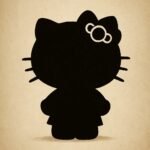



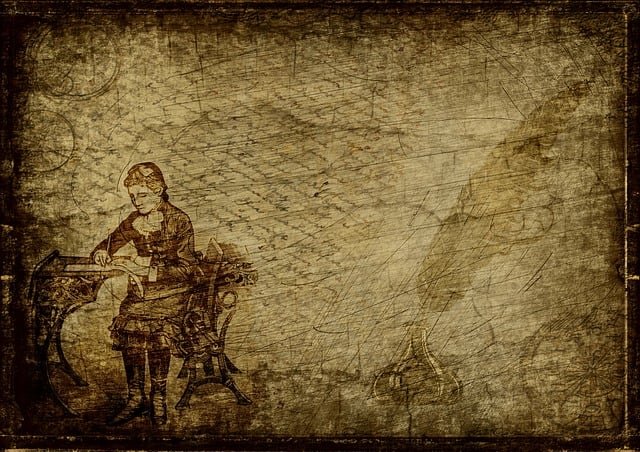
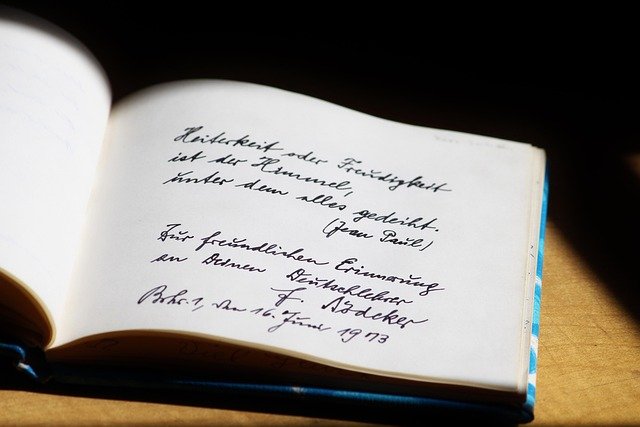
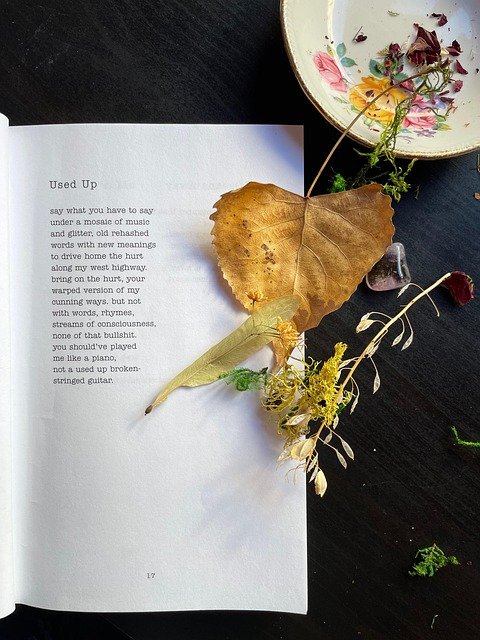
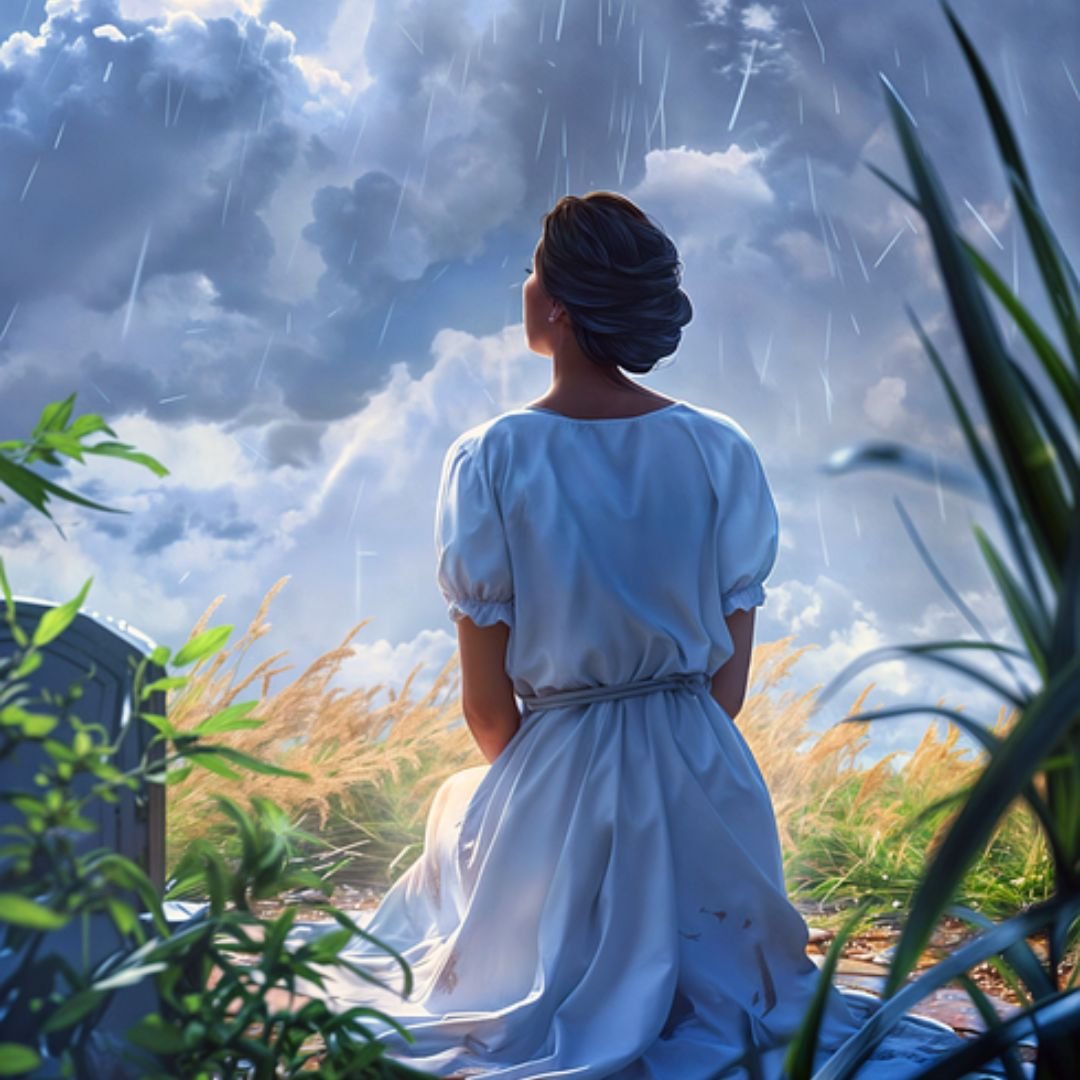

Hi, this is a comment.
To get started with moderating, editing, and deleting comments, please visit the Comments screen in the dashboard.
Commenter avatars come from Gravatar.